Controversial Creators
November 9, 2022
When I was in 7th grade, my English class read The Absolutely True Diary of a Part-Time Indian. At the end of the unit, our teachers told us that the author, Sherman Alexie, was accused of having done some horrible things, and asked us if we would have wanted to know about the author before having read the book. When I think back to this situation, I realized that the question my teachers were trying to ask us was is it okay to still enjoy a creator’s work even when you know about all of the horrible things they’ve done in their lives? The students of the NYC Museum School have their own answers to this question.

Kanye West, embroiled in a scandal involving antisemetic remarks.
Kanye West has been involved in controversies for much of his career, but his most recent scandals having to do with his very public, antisemitic remarks of which he has shown no apparent remorse or shame for, and which has led to much worse consequences than before.
These actions have lost Kanye brand deals, adding up to over 1 billion dollars in losses. Sophomore Ben Tripp said that he, himself, is Jewish, and when asked if it was difficult to separate a creator’s controversies from their creations he said that “[Kanye] hasn’t said ‘I hate Jews’ in a song,” and that this was the reason for the easy separation. However easy this may be for Tripp, he still mentions that “controversies are a turnoff” when considering someone’s music, writing or anything else people publicly produce.
Freshman Lily Stamas admitted there are “some limits” to what she can handle a person doing. Though Stamas is not so much a big Kanye fan, she states that she tries to “focus on art rather than the person.” Tripp added that these artists “[are] not putting their views in their music.” Among her limits, Lily lists assault and extreme violent acts, like murder and abuse.
Junior Roman Wugalter acknowledges that some very popular authors may be considered controversial in some way shape or form but that this shouldn’t deter you from enjoying or analyzing their work. Wugalter said that he and others may read a controversial author’s work “just to see their point of view” and that while doing so, he wouldn’t “pick a side.”
Since October, this year’s sophomore class has been reading The Catcher in the Rye, a book well known and studied in schools nationwide, written by an author who you may not have known could be considered controversial, J.D. Salinger. Salinger, like Sherman Alexie, had been accused of awful treatment towards a woman and predatory behavior. Salinger was also accused by his ex-teenage lover of coaxing her into dropping out of college at 18 years old to come and live with him, and after a few months kicking her out with only her belongings and 100 dollars. In addition to the author being a sketchy person, his most famous work, A Catcher in the Rye, had been placed on many banned books lists for its language and content.
Schools and music industries worldwide care more about profit, whether it’s through money or knowledge, than they do about the morals of the person behind the product; should we, the consumers, take the same stance, as well?

Controversial author J.D. Salinger and his (in)famous book, The Catcher in the Rye
The works of controversial creators have been enjoyed and used in our everyday lives for years and years, some consumers know of the controversies, others don’t. Some may not even want to know of the horrible things their favorite author or singer has done, because as Tripp said, controversies can be a major “turnoff.” And so I bring you back to my original question: Should a creator’s actions dictate the way we consume their content?











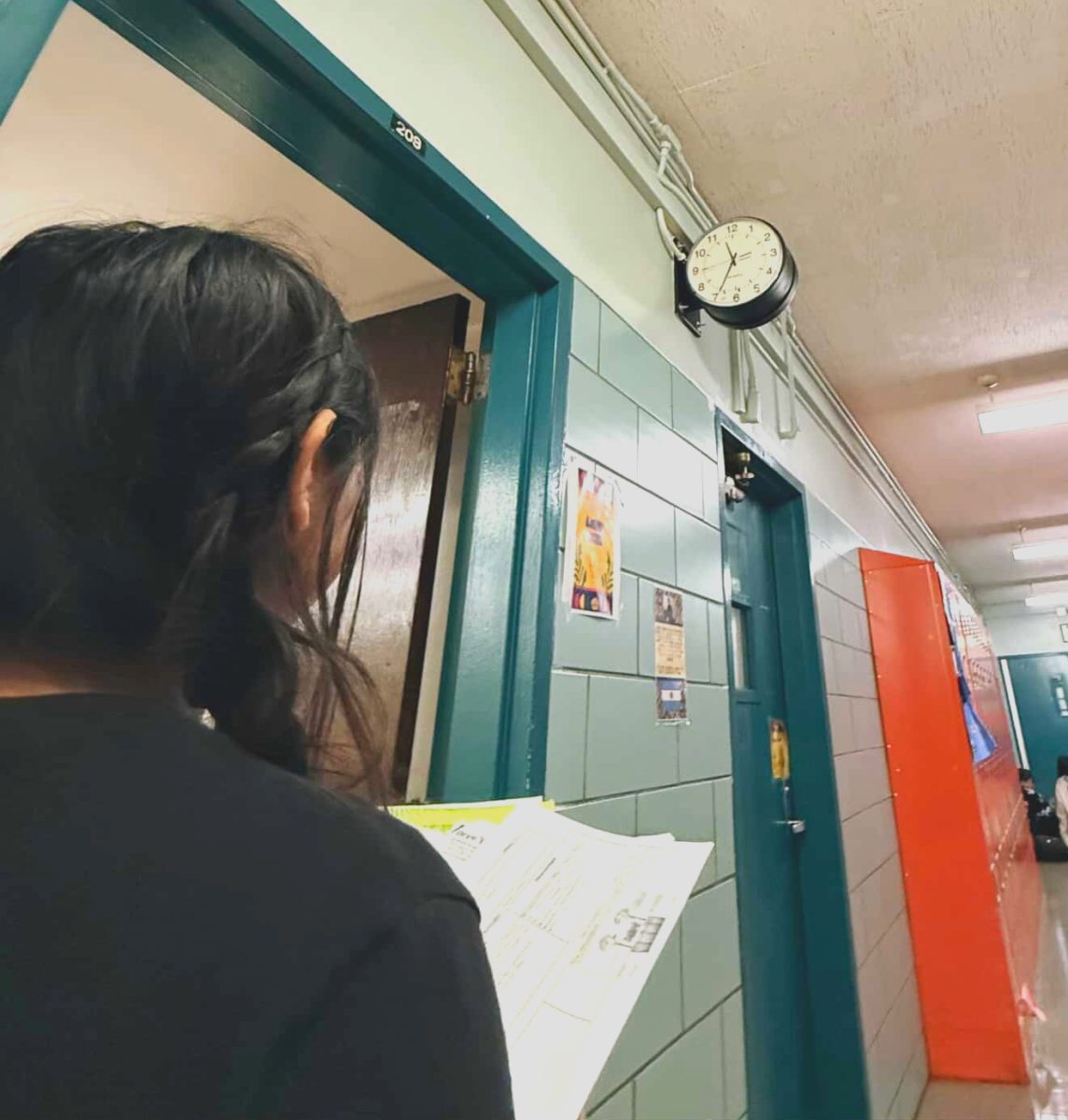
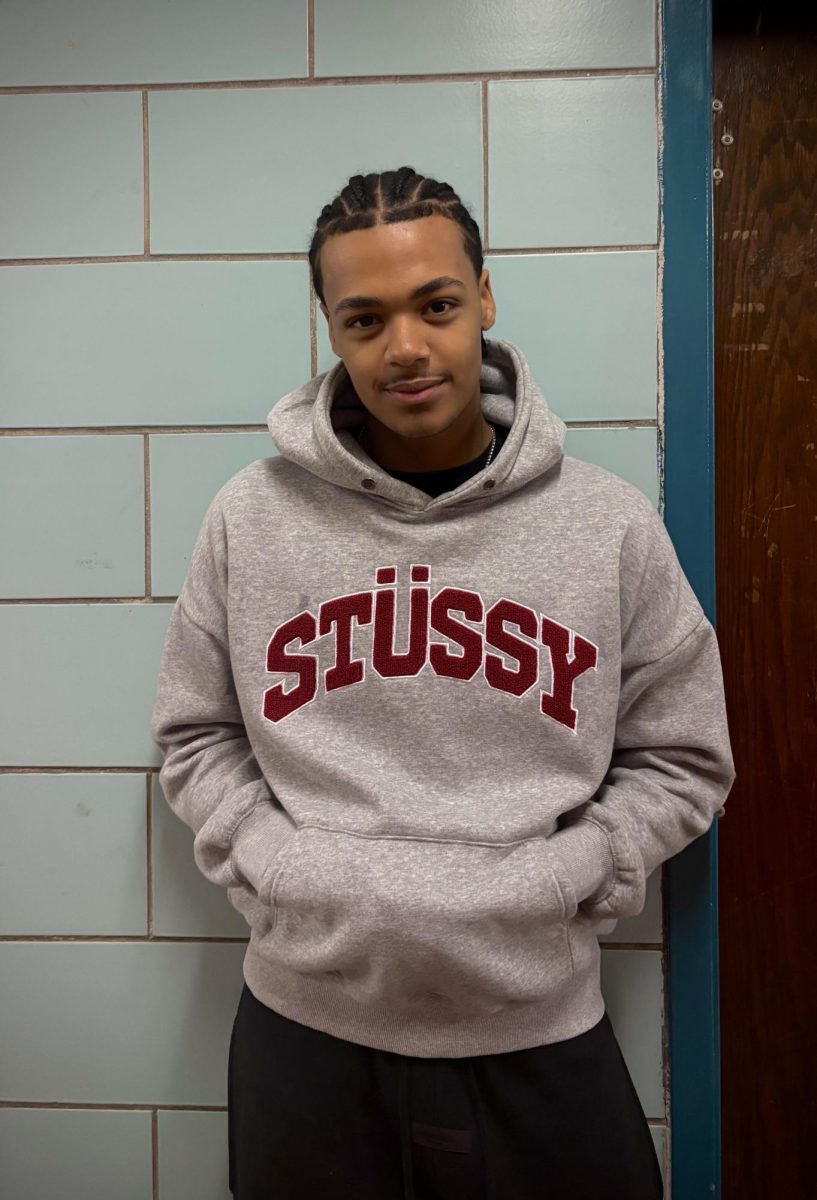
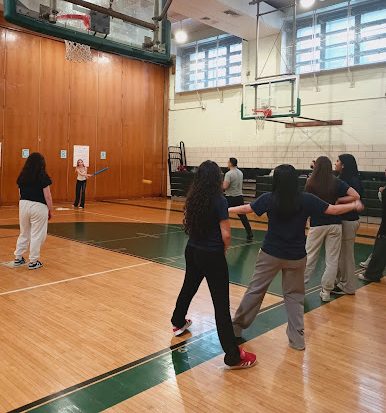












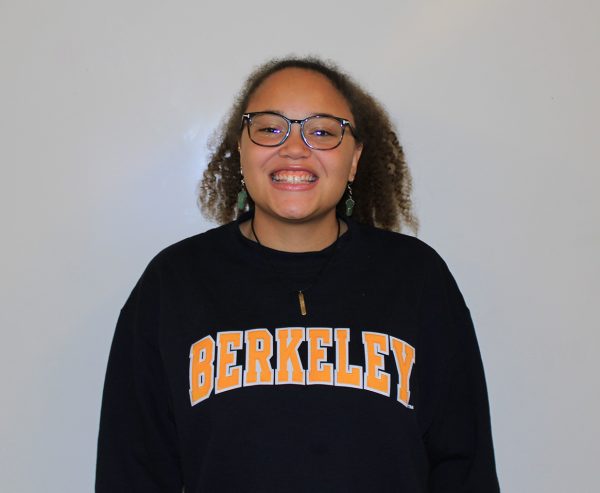
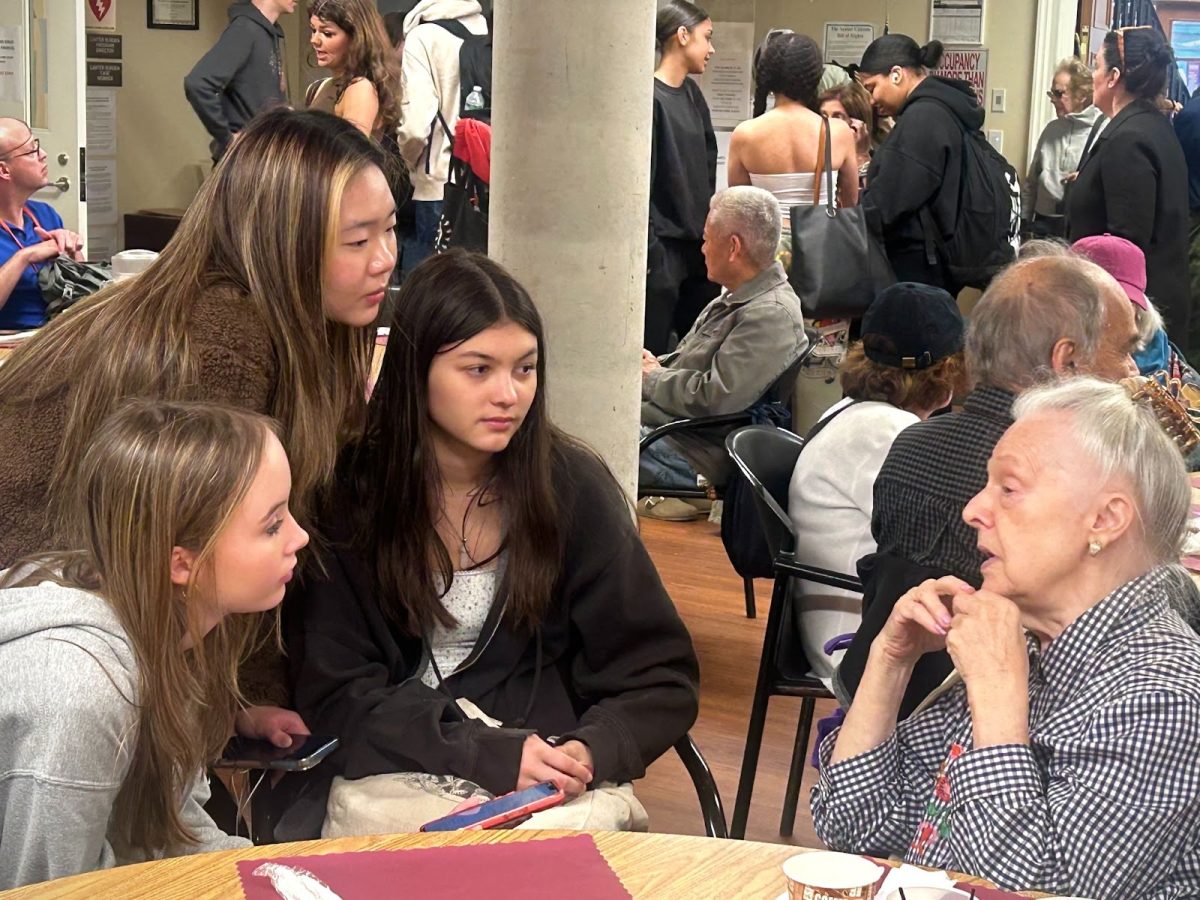
Timothy • Nov 10, 2022 at 9:31 am
Kanye the GOAT of rapping